
Ever since Satoshi Nakamoto opened the eyes of our world to bitcoin and cryptocurrencies, our business world has experienced an exponential growth in globalization and digitization. We saw a $15 billion market in January 2017 grow into a $500B and over industry by December 2017. Some people call cryptocurrency the future: everyone is excited about the potential of cryptocurrencies.

In as much as people are reaping significant benefits from this market, it comes with its own set of challenges. Exponential growth means increased trading volumes, and increased trading volumes mean increased transactions between people across continents. This means that jurisdictional protocols can simply not be applied to these transactions. As a result, unscrupulous people have taken advantage of this system to cheat people out of their monies.
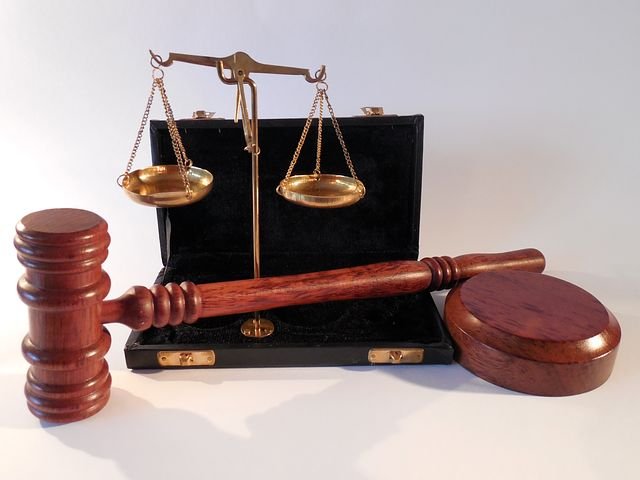
Most freelancing cryptocurrency websites have poor or no resolution protocols, so when you're cheated, you only have the option of taking this person to court for litigation and conflict resolution. Then comes another set of problems.
1. Money under dispute may not be worth cost of litigation.
2. Adjudication is slow.
3. It is expensive.
4. There is no guarantee that the decision arrived at by the court would be free from bias.
As a result of the above problems, people with significantly small amounts of money under dispute write them off as losses, and the unscrupulous people go scot free.

KLEROS: the court for cryptocurrency disputes.

Kleros is an autonomous opt-in decentralized decision protocol for a multipurpose court system. It is built on ethereum, and acts as a decentralized third party in solving disputes arising from contracts, be it simple or complex. Being opt-in, it means that the parties signing the contract must choose Kleros as their conflict resolution protocol. The arbitration process which involves securing evidence and selection of jury is fully automated to prevent manipulation.
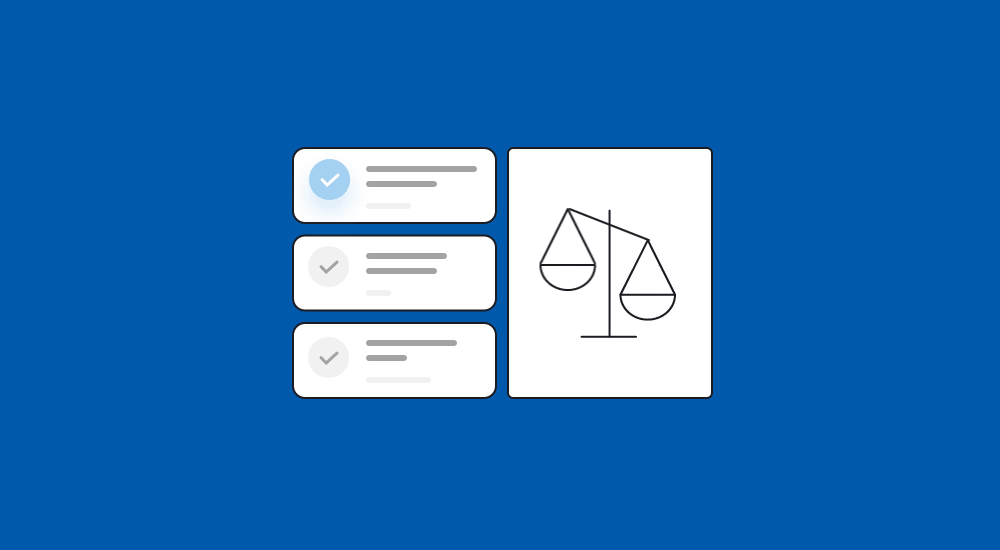
Kleros believes that every individual can do the right thing given the right incentive. That is why it makes use of the Schelling Point to incentivize the jury in ensuring that the best decision is arrived at.

How Kleros works.
1. Contracts.
The parties entering into the agreement or smart contract chooses Kleros as their conflict resolution protocol. This means that both parties agree before hand that should there be a conflict arising from their agreement, Kleros will be contacted to act as mediator and arbitrate on the dispute. The contract parties choose the number of the jurors and the court which will rule their dispute in case of a dispute. This is because Kleros consists of subcourts for specialized disputes like e-commerce court, insurance court, software development court, etc. When the contract creators are allowed to choose the court to adjudicate on their dispute, it means they'll choose a court specialized in the topic of the contract.

2. Dispute.
The contract creator crying foul will activate the Kleros protocol. He/She will then send information about the contract to Kleros using asymmetric encryption. This protects the privacy of the individual and the contents of the contract. This ensures that only jurors who will adjudicate on the dispute will have access to such information.

3. Selection of jurors.
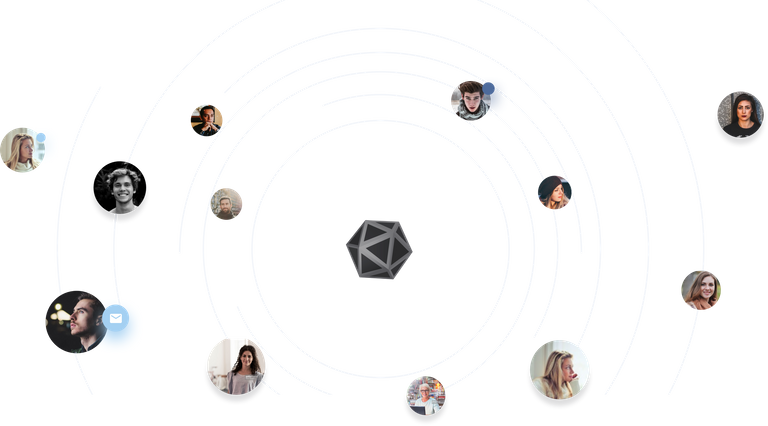
Jurors are selected using crowdsourcing. After contract creators have selected the courts, selection of the jury is done randomly and automatically by Kleros. The probabilty of an individual being selected as a juror depends on the amount of tokens he deposits. These tokens are called the pinakion (PNK).
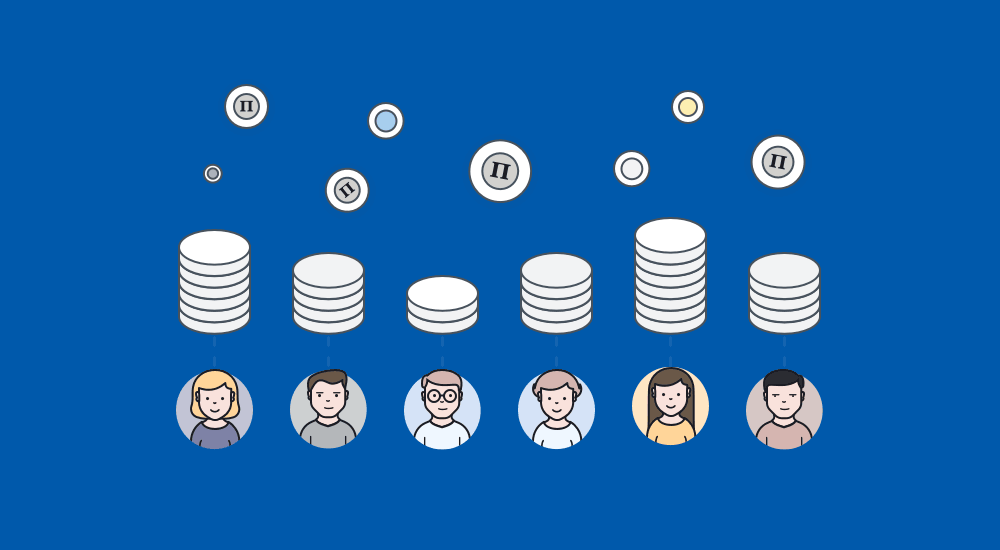
The higher the amount of tokens a juror deposits, the higher his chances of being selected to adjudicate. To prevent inactive jurors from being selected, only jurors who deposit PNK have a chance of being drawn. The PNK prevents sybil attacks, which prevents malicious parties from creating a higher number of addresses so that it could be drawn more times than other jurors to manipulate the system. The PNK also incentivizes jurors to vote coherently, as those who vote incoherently lose a portion of their tokens to those who voted coherently.
4. Enforcement.
After a decision has been arrived at by the jury, the decision is enforced by a smart contract. This prevents non-compliance by the losing team. As the money is held in escrow, it can be transferred back to the winning party after the adjudication. Then the case is closed.

How the jury works.
1. Schelling point.
Nobel Laureate in economics and Game theorist Thomas Schelling proposed this in his book The strategy of conflict (1960).
At page 57 of his book, Schelling describes focal point(s) for each person's expectation of what the other expects him to expect to be expected to do.
Below is an example of how Schelling Point works:
In a simple example: two people unable to communicate with each other are each shown a panel of four squares and asked to select one; if and only if they both select the same one, they will each receive a prize. Three of the squares are white and one is red. Assuming they each know nothing about the other player, but that they each do want to win the prize, then they will, reasonably, both choose the red square.
Schelling points come about when there is no means of communication between two parties aspiring to the same thing. For example, a question may be asked:
Did it rain in Ulaanbaatar this morning?
A and B are promised a reward if they both tell the truth, which may be a yes or a no. Because A has no way of communicating with B, but knows that she will be rewarded if — and only if— she and B tells the truth, A will indeed tell the truth.
This is because A expects B to expect A to tell the truth.
Because the jurors know that voting coherently with the other jurors mean they will be incentivized, they will be motivated to vote truthfully since they expect the other jurors to expect them to vote truthfully.

2. Juror Options.
Akosua lives in Ghana, but contracts Adwoa who lives in Nigeria to develop a software for her. They enter into a smart contract and choose Kleros as their conflict resolution protocol. In the contract, they agree that Akosua will pay GH¢1000 to Adwoa at the beginning of the project, then pay the remaining Gh¢2000 after Adwoa's completion of the project.
They also agree that if Adwoa doesn't agree to the stipulations of the contract, the money must be returned to Akosua. If Akosua doesn't adhere to the contractual agreement she forfeits the money to Adwoa. If they both fail to adhere, the money must be split evenly between them. Adwoa develops the app but after sending it to Akosua, she insists the app isn't at par with the level they agreed on. Akosua activates the Kleros protocol.
Jurors have options, but these options are choices for conflict resolution agreed upon by the contract creators. Using the above scenario, the jurors have three options:
The money must be returned to Akosua.
Akosua forfeits the money to Adwoa.
The money is split evenly between Akosua and Adwoa.
The jurors will choose one of these options best suited to the above scenario. Jurors can do that because they have the expertise to review Adwoa's work and determine its level of quality. They will then vote either coherently or incoherently with the other jurors keeping in mind that voting coherently with the other jurors will result in an incentive.

3. Incentive system.
When jurors arbitrate on a dispute, they receive arbitration fees (this money is paid to the jurors to compensate them for their work. The amount is determined by the subcourt where the dispute is arbitrated, and it is locked in a smart contract which determines the contract creator who will pay for that cost).
These incentives are to ensure that jurors rule honestly. When jurors deposit tokens to be selected to adjudicate, their tokens are frozen. After Kleros has reached a verdict on the dispute, the tokens are unfrozen and redistributed among the jurors. If a juror voted incoherently with the other jurors, a portion of his tokens are shared to those who voted coherently. This incentivizes jurors to always be truthful to avoid losing their PNK.

The team.









Partners.


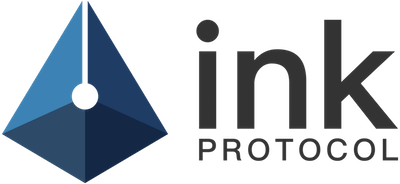
.jpeg)

SUMMARY.
In a nutshell, the cryptocurrency world have little to no conflict resolution protocols. As such the cost of litigation prevents people from taking their grievances to court (especially when the money involved is little, like say $300).
Kleros on the other hand is an opt-in court system built on top of ethereum. It functions as a decentralized third party to arbitrate and adjudicate on disputes, simple or complex. By doing so, it makes use of jurors who are selected randomly using crowdsourcing. They adjudicate on the issue using the theory of Schelling point, come out with a decision and are incentivized if they voted coherently. If not, they lose some tokens.

For more information visit:
This article is written as a submission for the @originalworks sponsored writing contest. This article does not offer expert advice or investment advice. It is written purely for contest purposes.
Unless otherwise indicated, images are from Kleros website, medium and pixabay.
Kleros2018
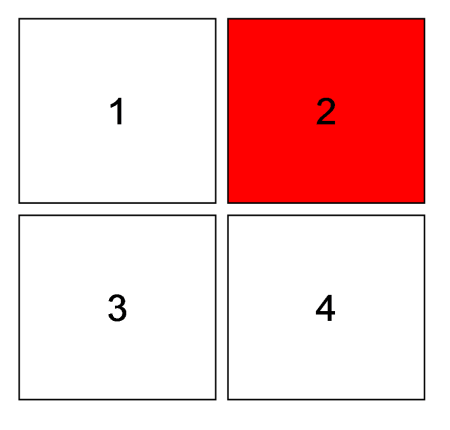
This post has been submitted for the @OriginalWorks Sponsored Writing Contest!
You can also follow @contestbot to be notified of future contests!
Congratulations @komaat! You have completed the following achievement on Steemit and have been rewarded with new badge(s) :
Click on the badge to view your Board of Honor.
If you no longer want to receive notifications, reply to this comment with the word
STOPDo not miss the last post from @steemitboard:
SteemitBoard and the Veterans on Steemit - The First Community Badge.
Congratulations @komaat! You received a personal award!
Click here to view your Board
Congratulations @komaat! You received a personal award!
You can view your badges on your Steem Board and compare to others on the Steem Ranking
Vote for @Steemitboard as a witness to get one more award and increased upvotes!